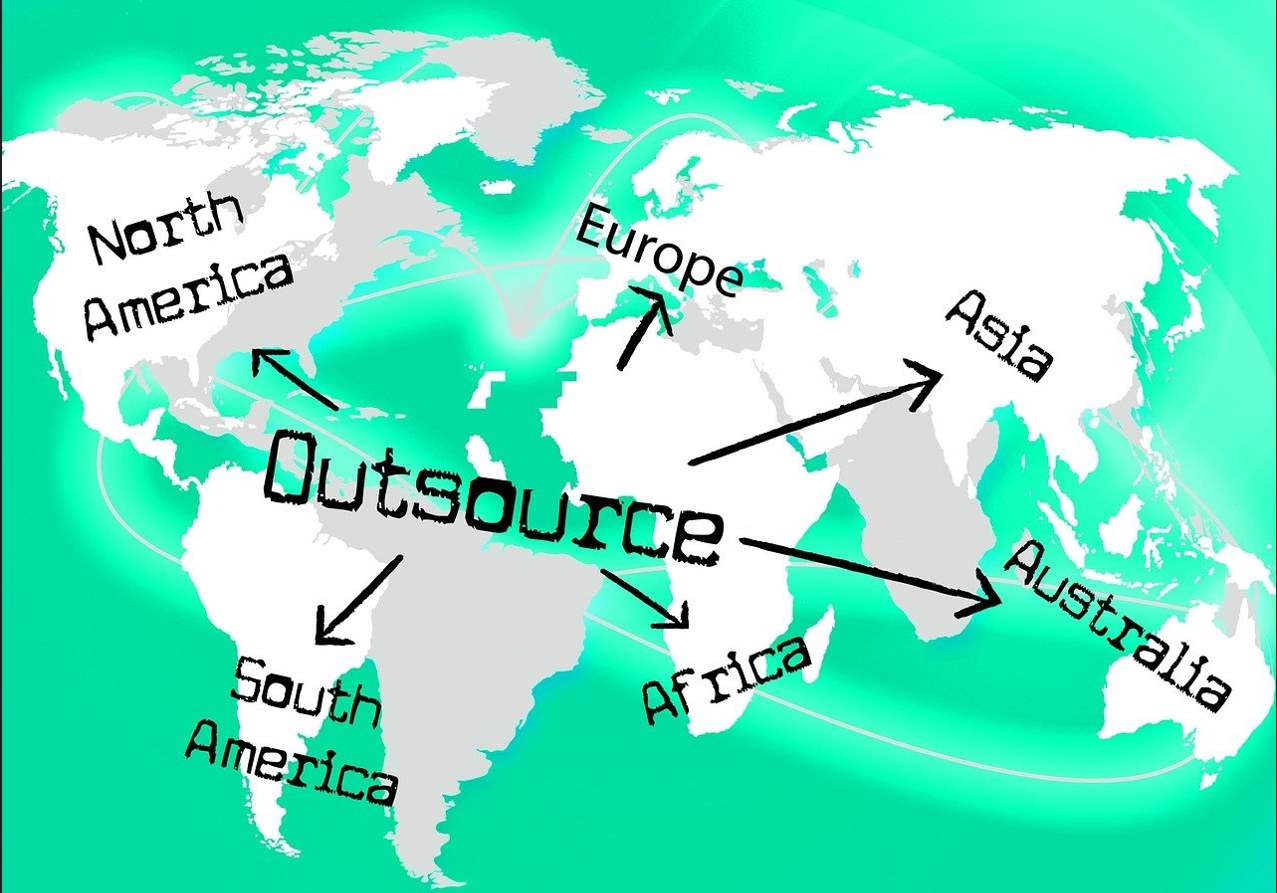
Comparing Outsourcing vs Outstaffing: Which Is Better?

The decision between outsourcing and outstaffing has become crucial for businesses trying to grow their workforces, reduce expenses, or optimize operations in the ever-changing business environment. These two models provide unique staffing strategies that address various requirements. However, how can one choose between outstaffing and outsourcing? Together, we will examine the distinctions, advantages, and factors to help you make an educated choice.
Contents
Explanation of Outsourcing
You assign certain jobs or projects to an outside dedicated development team when you outsource. It's like to stating, "Hey, we need this job done, but we’re not going to handle it in-house." The project is independently managed by the outsourced team, which also provides you with the finished output.

Benefits of Contracting Out
Savings on Costs
Oftentimes, outsourcing has financial benefits. By working with an outside supplier, you may pay only for the services that are delivered, which saves you money on internal expenses like infrastructure, personnel, and perks.
Obtaining Global Talent
You have worldwide access to a large talent pool. You may access knowledge from several places and are not restricted by geographic boundaries.
Adaptability and Expandability
A benefit of outsourcing is flexibility. Without having to deal with the hassles of recruiting and dismissing staff, you can simply scale up or down depending on the demands of your project.
Concentrate on Your Main Business Tasks
You may focus on your company's key capabilities and strategic objectives by outsourcing non-core operations.
Efficiency of Time
Because foreign teams often have specialized knowledge and can complete jobs more quickly, outsourcing and QA and testing services may save time.
Explaining Outstaffing
Outstaffing is not the same. It resembles an extension of a remote team. While the outstaffing provider officially employs them, the team members are chosen by you, and you get to determine the objectives and regulations. They work completely for your business.

Benefits of Hiring Outside Help
Direct Control
You may oversee projects, the team, and their workflow directly when you outsource. They function as an extension of your internal group.
Personalization and Cooperation
Customized teams are made possible via outsourcing. Selecting team members by hand who possess specific abilities that meet the needs of your project will promote smooth cooperation.
Economy of Cost
Due to lower overhead expenses, outsourcing may sometimes be more affordable than keeping staff members on staff, however, this is only sometimes the case.
Extended Stability
Long-term stability may be increased by outsourcing since the members of your remote team will be working on your projects only.
Better Integration and Communication
Compared to outsourcing, communication, and integration are often easier since the outsourced workforce is an extension of your business.
How to Decide Whether to Outsource or Outstaff
Your corporate culture, strategic goals, and the particular needs of the project will all play a major role in determining whether to outsource or hire workers. Think about the following elements:
Project Complexity and Scope
Outsourcing may be more appropriate for short-term projects or jobs needing specialized talents. Outstaffing may be the best option for long-term engagements or projects that need constant communication.
Ideal Degree of Command
Do you like direct management and total control over a remote team? Maybe outsourcing would be a better option. Outsourcing could be beneficial if you're okay with taking a more detached role.
Financial Restraints
Analyze your expense estimates and budget closely. Think about the two models' financial ramifications, including the initial outlay, recurring expenditures, and possible cost reductions.
Extended-Term Goals
Consider what your long-term goals are. Outstaffing may be a more suitable option if your objective is to create a team that is more cohesive and stable. If your top requirements are flexibility and rapid access to specialist knowledge, outsourcing could be a better option.
Essential Skill Set
Determine the abilities required for the project. Outsourcing may provide a larger talent pool if you need a variety of expertise or a highly specialized skill set. Outstaffing could be a better option if you want a committed crew that works well together.
Conclusion
The decision to outsource vs hire is a strategic one that depends on the demands of your business, the size of the project, and your long-term objectives. Outsourcing gives you direct control and customization for more seamless integration, yet outsourcing offers a more scalable and affordable strategy with access to global talent. Making the best choice for your company requires knowing the specifications of your project and carefully weighing the advantages and disadvantages of each type. Choosing between outsourcing and outstaffing offers a practical way to meet the staffing and project demands of your business.



